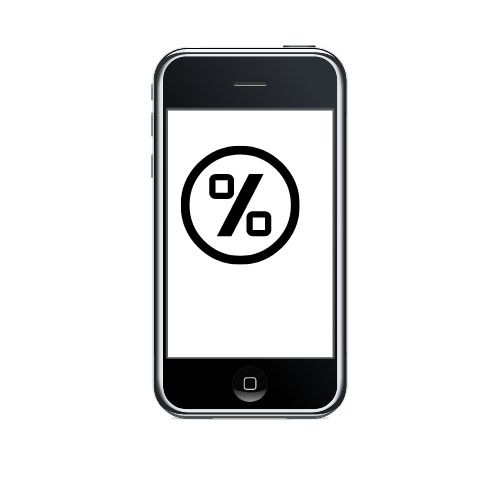The production of credit within the global financial system is facilitated by a network of financial intermediaries known as the “shadow banking system,” which is unregulated. These businesses are frequently referred to as nonbank financial companies (NBFCs). As part of the shadow banking system, regulated institutions may engage in unregulated operations.
Hedge funds, unlisted derivatives, and other unlisted products are examples of intermediaries that are not subject to regulation, whereas credit default swaps are examples of uncontrolled operations by licensed organizations.
Even while the phrase “shadow banking” may sound ominous, many reputable brokerages and financial organizations participate in this practice. Lehman Brothers and Bear Stearns, both investment banks, were two of the more well-known NBFCs at the epicenter of the 2008 financial crisis.
Because of the crisis, traditional banks were subject to more stringent regulatory oversight, which caused a sustained decline in their lending activities. The banks tightened up on loan or credit applicants as the regulators tightened up on the banks. More people needed alternative funding sources as a result of the stricter rules, which led to the expansion of nonbank, “shadow,” institutions that could function without being bound by banking laws.

